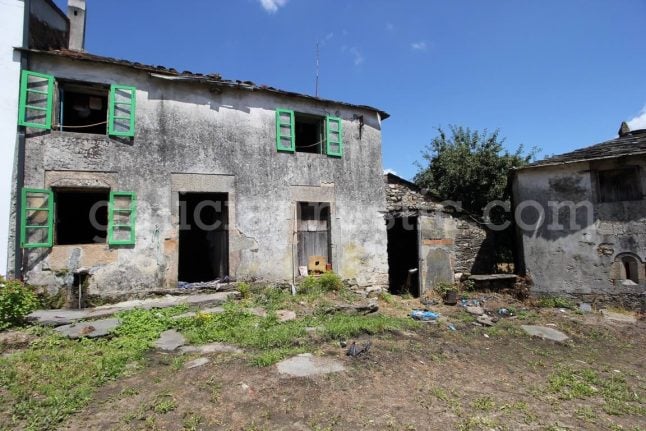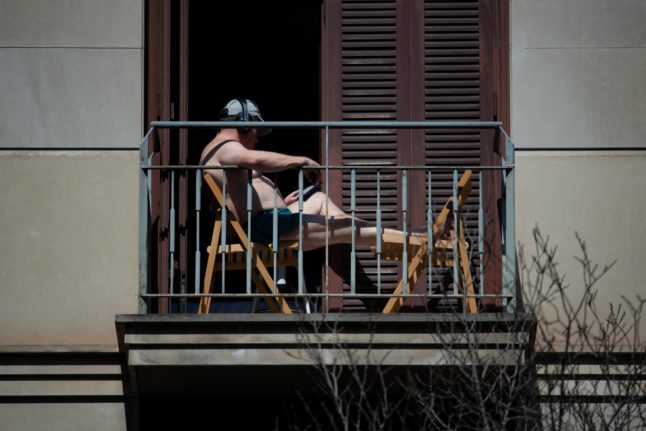The group have raised €140,000 euros between them to purchase an “aldea” – a hamlet – that has stood empty for 50 years in the countryside outside Lugo in the northwestern region.
Although presently in a state of complete ruin, each investor plans to renovate an individual property within the settlement with the idea that they can all live there in their dotage.
“We each have our own house but all together,” explained one of the members of the group, who have not been named, in a video on La Vanguardia website.
Estos amigos han pagado 140.000 euros para hacerse con todo el pueblo, aunque ahora les queda el trabajo de restaurarla y hacer posible su sueño de retirarse todos juntos en este precioso lugar https://t.co/BFCotRUT4u
— La Vanguardia (@LaVanguardia) August 14, 2019
The village the group purchased is near Vilalba, just off the Camino Primitivo, one of the pilgrimage routes to Santiago de Compostela, and includes one larger property, two ruined cottages, several barns that could be converted into livable spaces, a traditional bread oven and a pair of horreos, the traditional Galician granaries.
There are an estimated 3,000 abandoned villages in Spain, mainly to be found in Galicia, Castilla y León, Aragon and Asturias and although many don’t have the correct paperwork for immediate sale, there are hundreds on the market at any one time.
Mark Adkinson, a Brit originally from Manchester who married a Galician and has lived there for over 40 years and has restored his own abandoned property, set up an estate agent specialising in selling abandoned villages.
“Really the restoration of old houses is not excessively expensive,” insists Adkinson on his real estate website Galician Country Homes, which offers properties ranging from €40,000 to over €1million
“The walls are normally sound and this makes the restoration much easier”.
Such properties have piqued the interest of foreign buyers looking for rural tourism opportunities but more and more Spaniards are now interested in returning to villages once abandoned by the forebears.
READ MORE:




 Please whitelist us to continue reading.
Please whitelist us to continue reading.
Member comments